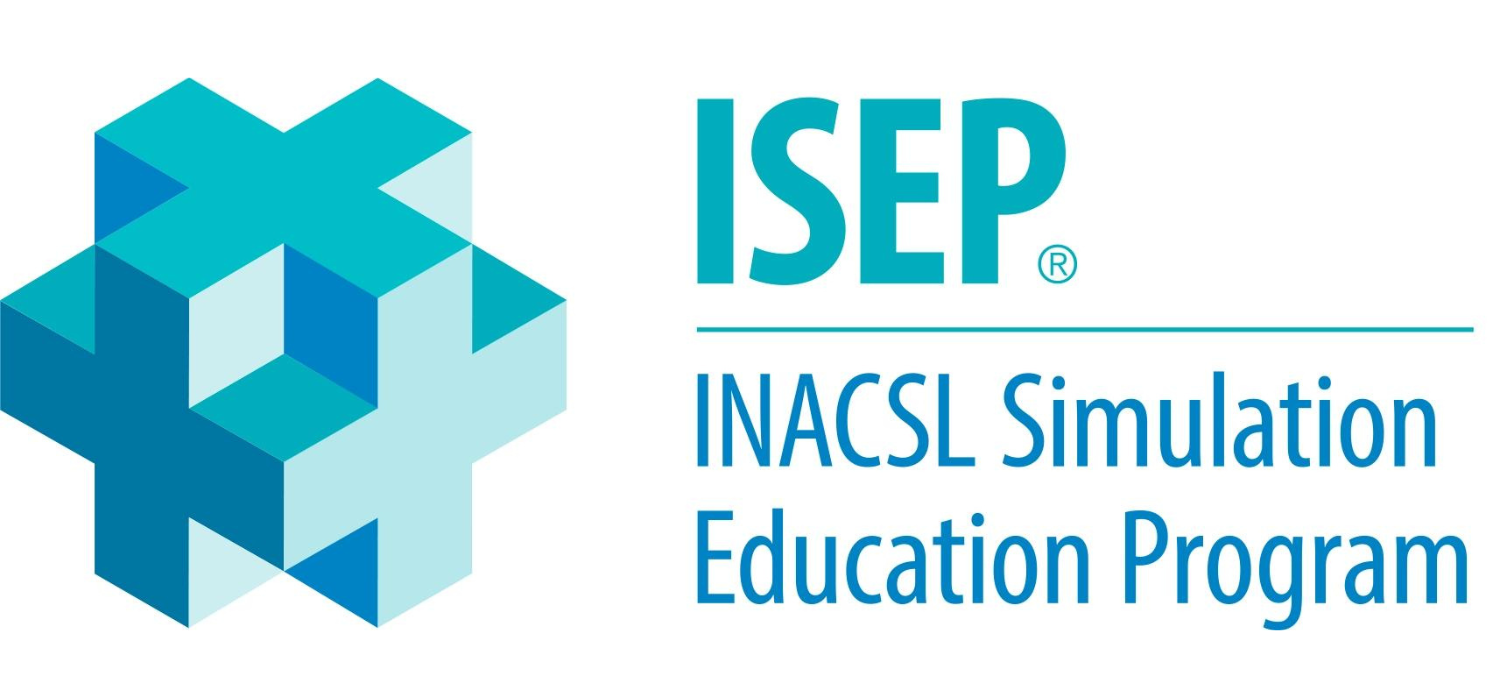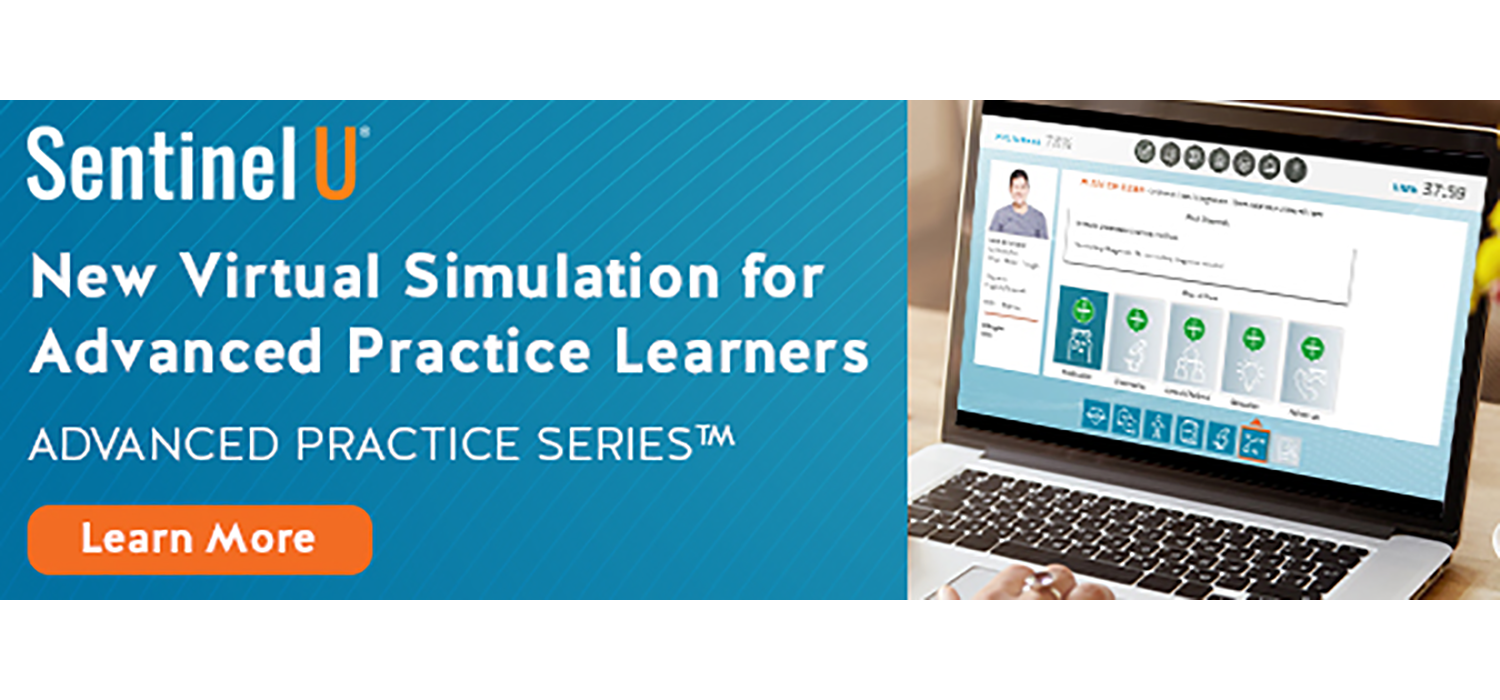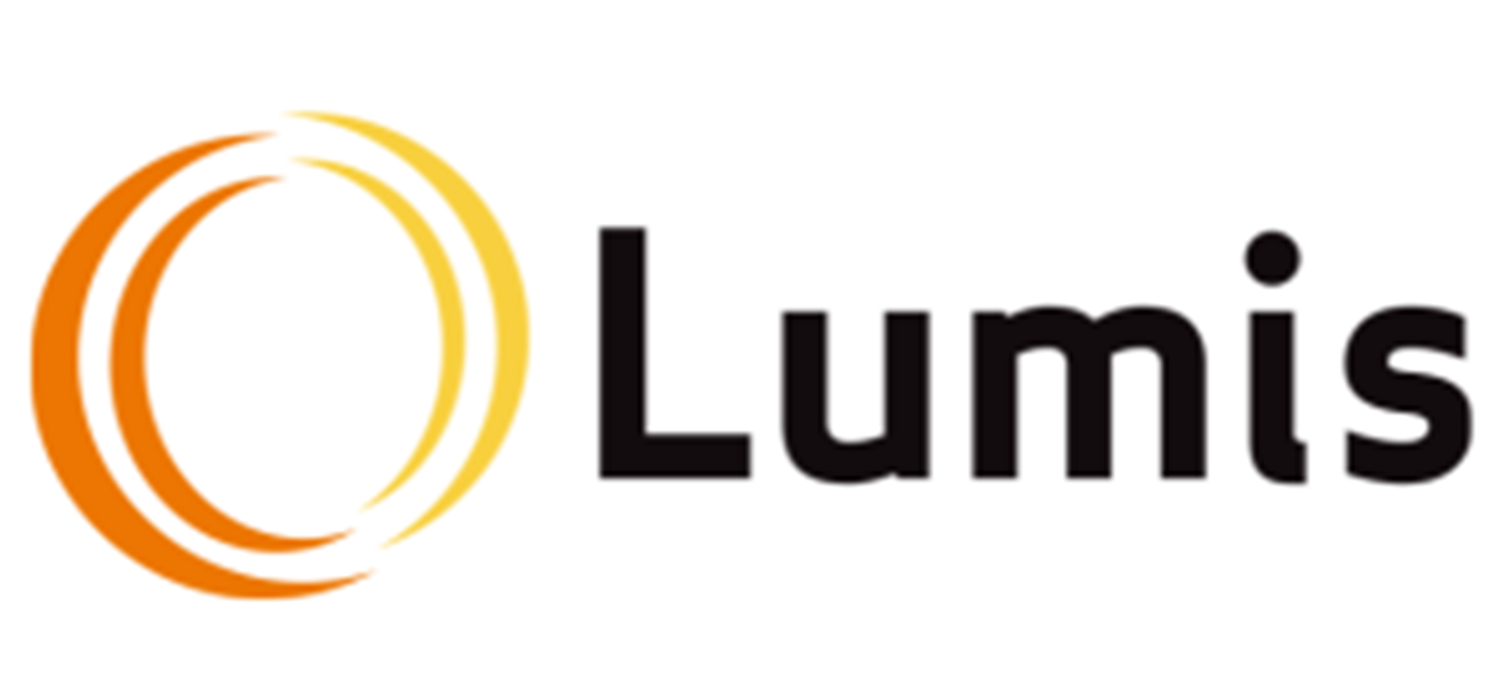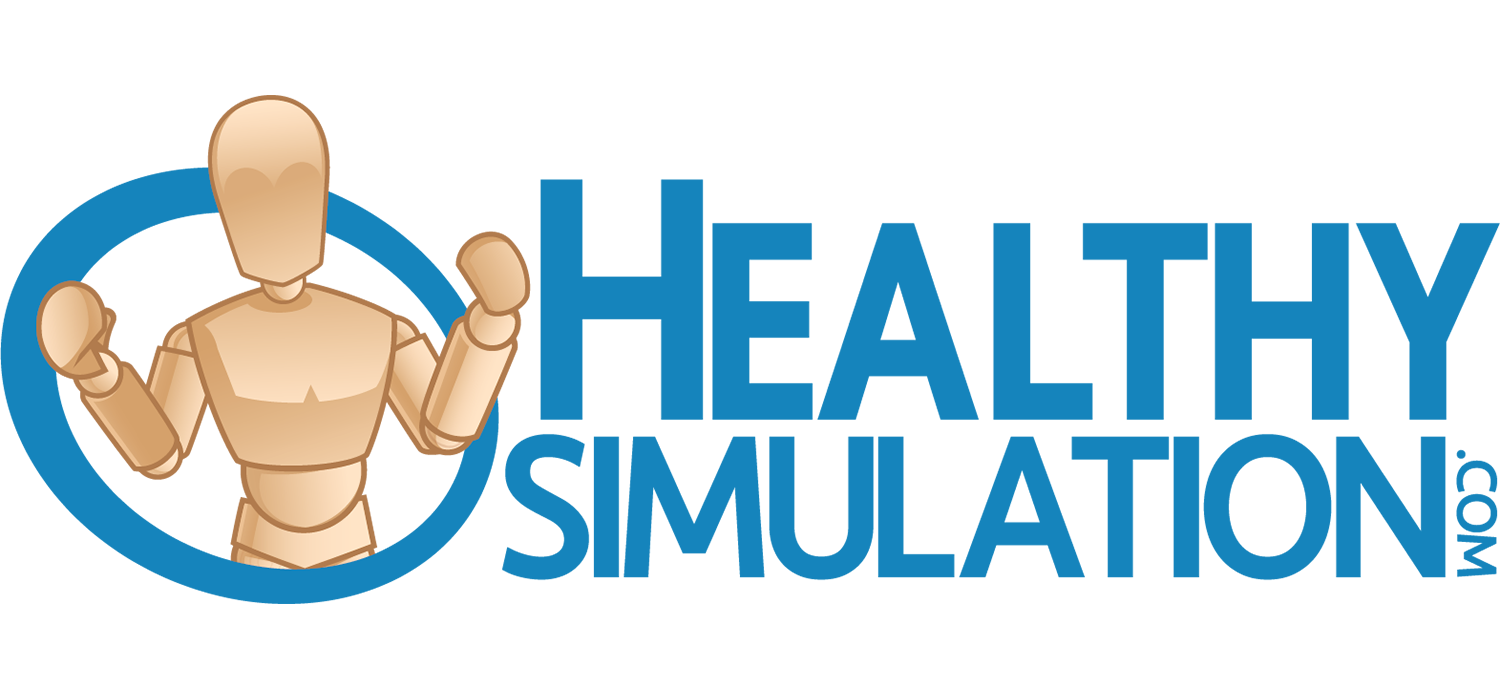|

INACSL23 Call for AbstractsJoin the ranks of your esteemed colleagues and submit your speaker proposals to present your knowledge and research at INACSL23, June 14-17 in Providence, RI. Abstract submissions are now closed. Information submitted for each abstract will be saved in the system until completed. You do not need to complete your submission at one time. However, failure to complete the required documentation by the due date will result in your abstract being rejected. An overview of requirements and tips is below to help you through the submission process. To learn more about how to write and abstract, click here. There is a maximum of 250 words per abstracts. Abstract CategoriesPodium Presentation45-minute, concurrent time slots to include a question/answer (Q&A) period. Can be individual, panel (maximum of 5 people), or how-to formats. Poster PresentationDisplaying a physical poster no larger than 8 feet wide x 4 feet tall (2.4 meters x 1.2 meters) in size. Posters will be set up on June 14 afternoon and removed on June 16 afternoon. If your poster is selected for presentation, at least one representative from the author team is required to participate in the Poster Reception on Thursday evening on June 15, 2023 by staffing the posters in order to answer questions and discuss the presentation with attendees. Rising Star Poster PresentationsINACSL is committed to inclusive diversity in its leadership, membership, opportunities, and programming. The Rising Star in Simulation search is designed by the IncluDE committee and is an exclusive opportunity for underrepresented individuals and/or novice simulationists to share their work and create a foundation for their future scholarly activities in the field of simulation. Eligible applicants will have less than two years experience in simulation and never have presented at a national simulation conference. Applicants that are selected for the Rising Star award will be paired with a mentor to assist with the development of their poster presentation. Pre-conference WorkshopPresenting on June 14 for either two (2) hours or four (4) hours the day before the conference begins. Authors are encouraged to work together to create a mini-symposium with multiple speakers presenting on the same topic for an equal amount of time (example: three experts on a topic submit together and each present for two hours). Individual submissions may be combined to create a symposium. Priority will be given to submissions on the topics of Augmented Virtual Reality, Debriefing, and Industry Best Practices. Pre-conference Hands On WorkshopPresenting on June 14 for either two (2) hours or four (4) hours the day before the conference begins. Authors are encouraged to work together to create a mini-symposium with multiple speakers presenting on the same topic for an equal amount of time (example: three experts on a topic submit together and each present for two hours). Individual submissions may be combined to create a symposium. Priority will be given to submissions on the topics of Augmented Virtual Reality, Debriefing, and Industry Best Practices. Hands-on Workshop90-minute, concurrent time slots held during the main conference. Workshops are interactive sessions that involve the audience in some form of interactive participatory activity. Authors are encouraged to work together to create a mini-symposium with multiple speakers presenting on the same topic for an equal amount of time (example: three experts on a topic submit together and each present for 30 minutes). Submission TracksEducationIn this category, any group of educators who work with any type of learners can apply. Abstracts for consideration may include: quality improvement, best practice, curricular changes, student outcomes, and/or innovative projects. IndustryThis category includes simulation centers, hospital-based programs, stand-alone programs, companies, and businesses where the focus is on organizational, system-wide, and/or global change or impact utilizing simulation. OperationsThe focus of these abstract submissions is on the operational aspects of launching, managing, and/or evaluating simulation programs. In addition, this could include the day to day operations such as moulage, scheduling, turn-over, and technical aspects of simulation. ResearchResearch could be from education, industry, and/or operations. Submissions in this category must be the systematic investigation into and study of materials and sources in order to establish facts and reach new conclusions. Systematic reviews are applicable. If human subjects are involved, institutional review board or ethics committee approval is required. Lead AuthorThe author or individual submitting abstract documentation is:
As an ANCC accredited provider of CNE, INACSL is required to collect some information in multiple documents. If you have any concerns or questions, please contact INACSL at [email protected]. Questions regarding ANCC requirements will be forwarded to the Lead Nurse Planner.
Co-AuthorsUp to six co-authors may be identified by the lead author. Co-author(s) receive an email through the system requesting that they submit a Conflict of Interest. Each designated co-author is required to complete the information before an abstract is finalized. Next StepsLead authors will receive an email by the end of February inviting them to present or notifying them that the abstract has been declined. A minimum of one author (lead or co-author) is required to register to attend the full conference as an attendee and present on behalf of the abstract team. Other authors are encouraged to register for the conference. However, all authors listed on the abstract will be listed on conference materials regardless of whether they register for the conference. |






